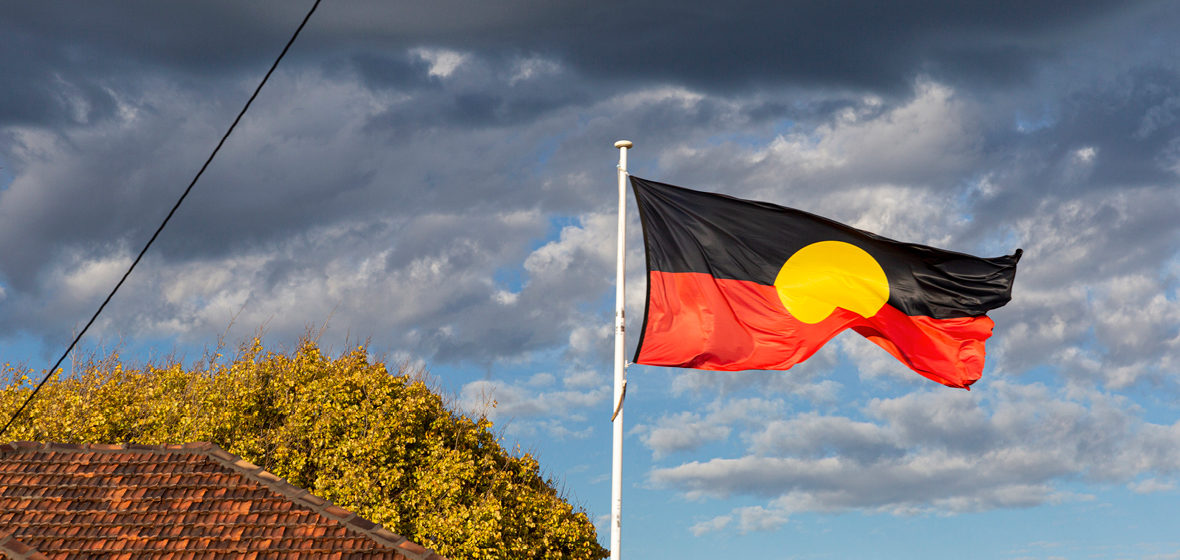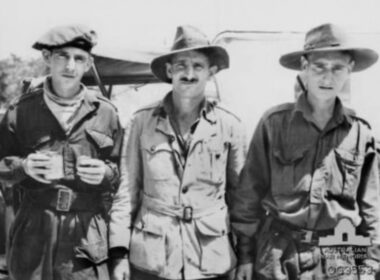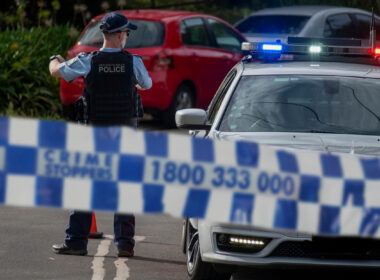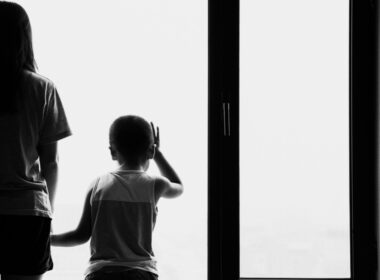A long-awaited Walama Court aimed at reducing the high rates of Indigenous incarceration is coming to NSW in February 2022, under a new pilot trial scheme being launched in the NSW District Court.
The Walama Court list program, due to begin at Sydney’s Downing Centre next year, hopes to drive down re-offending and provide Indigenous offenders with a more culturally specific approach to sentencing by bringing Indigenous elders into sentencing discussions with the courtroom judge.
The program was last year recommended by the NSW Select Committee Report on First Nations People in Custody on the 30-year anniversary of the 1991 Royal Commission into Aboriginal Deaths in Custody. Among 39 recommendations within its report, the committee advised the government fund the establishment of a Walama Court in the District Court. The legal profession and criminal justice bodies, including the Law Society of NSW, Law Council of Australia and the Police Association of NSW, have long supported the idea.
Attorney General Mark Speakman said he hoped the initiative will bring more community involvement into the judge’s sentencing process.
Mr Speakman also said it’s another step towards “building trust in the justice system and improving the diversion of Aboriginal and Torres Strait Islander offenders into critical support services that tackle the causes of offending behaviour”.
“This program harnesses the wisdom of Aboriginal Elders and respected community members in sentencing discussions,” Speakman said.
Aboriginal or Torres Strait Islander offenders due to be sentenced, will be eligible if they have pleaded guilty, signed an agreed statement of facts and consent to be dealt with in the Walama List.
Some serious violent crimes and sexual offences are excluded from the pilot.
Minister for Aboriginal Affairs Don Harwin said the pilot supports NSW’s commitment to the Closing the Gap agreement, which has 17 national socio-economic targets for Aboriginal and Torres Strait Islander people on aspects like life-expectancy, imprisonment rates, safety, wellbeing and housing
“This ground-breaking initiative goes to the heart of our commitment under the National Agreement, by embedding Aboriginal customs and learnings into the justice system and supporting Aboriginal people to drive better outcomes,” Harwin said.
The Law Society of NSW has welcomed the announcement. Law Society President Juliana Warner said her organisation had long supported the establishment of a Walama Court within the criminal jurisdiction of the District Court.
“This is crucial if we are to address the unacceptable, long-standing issue of Indigenous over-incarceration,” President Warner said.
“It is a great tragedy that Indigenous people, who comprise approximately three percent of the Australian population, represent 25 percent of all adults in custody.”
The Aboriginal Services Unit in the Department of Communities and Justice will provide on-the-ground support for the operations of the pilot.




